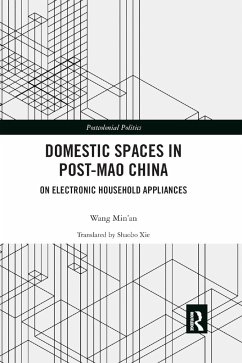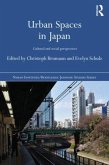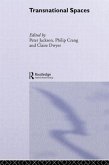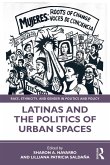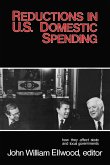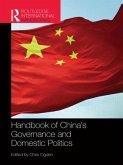Unconventional, creative, and highly original, Wang Min'an's work centres on the assemblage of household machines that create the space of contemporary domesticity. It offers pathways to a new understanding of how the sudden commodification of domestic space in China beginning in the late 1980s has transformed Chinese domestic life beyond recognition. In terms of modern urban Chinese family life, people do not just move into new apartments; they move into new modes of living which involve new ways of relating to the world. Wang's discussion on the reconstitution of Chinese domestic life-its founding moral, aesthetic, political values-is tremendously useful and enlightening. In these essays, the author stages a Latourian collapse of subject and object in adopting the point of view of both human and non-human actants. This volume brings a new sensibility to bear on objects of modern everyday life. This work is not a "China book," but rather a work marked profoundly by China. Wang experiments with the applicability of "theory" to what might be thought of as a transcultural common life embedded in mundane technologies. The book is particularly concerned with rescuing everyday materiality and bodily life from the numb obscurity to which things have been relegated by modern consumerism and bourgeois hygiene. This book is not an oddity from the mysterious East; it is a playful experiment in writing from a unique scholar, a leading thinker and theorist in the humanities in China, and will be of interest to scholars and students of East Asian, particularly Chinese, political and domestic studies.
Hinweis: Dieser Artikel kann nur an eine deutsche Lieferadresse ausgeliefert werden.
Hinweis: Dieser Artikel kann nur an eine deutsche Lieferadresse ausgeliefert werden.

